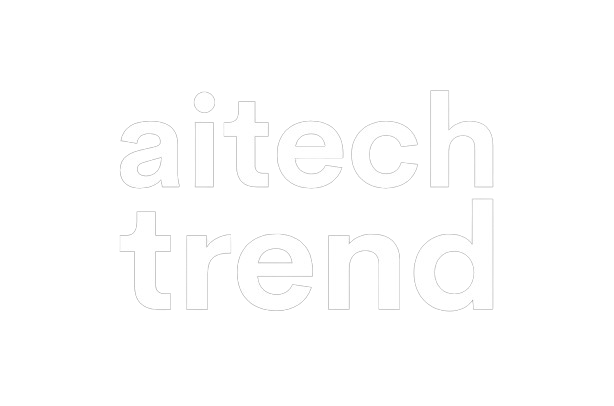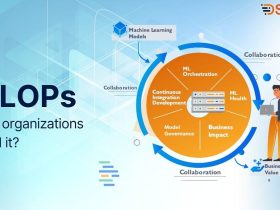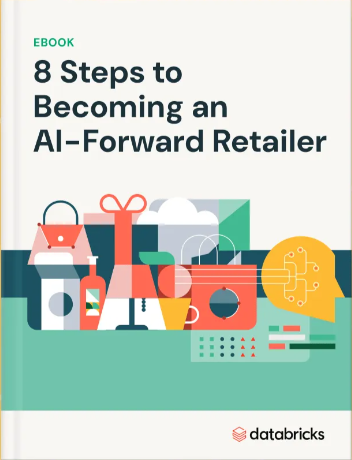Artificial Intelligence (AI) has rapidly gained prominence in various sectors, and the legal industry is no exception. The advancements in AI, particularly the emergence of language models like ChatGPT, have raised significant legal implications and concerns. In this article, we will explore how ChatGPT’s takeover in the legal domain has impacted the legal framework, ethical considerations, and the future prospects of AI in the legal system.
Legal Implications of AI:
As AI continues to evolve, its implications on the legal system are becoming increasingly complex. From contract analysis to legal research, AI-powered technologies like ChatGPT are transforming the way legal tasks are performed. However, this transformation has also raised legal concerns, including issues related to accountability, liability, and responsibility. For instance, in cases where ChatGPT is used for legal research and analysis, questions arise about the accuracy, reliability, and legality of the results produced by the AI model.
ChatGPT’s Rise to Prominence:
ChatGPT, powered by advanced machine learning algorithms, has gained widespread recognition for its ability to generate human-like text. Its versatility and efficiency have made it a popular tool in the legal industry, where it can assist lawyers in tasks such as drafting legal documents, conducting legal research, and even providing legal advice. The widespread adoption of ChatGPT in the legal field has raised both opportunities and challenges.
Challenges in Legal Framework:
The rapid adoption of AI in the legal domain has posed significant challenges to the existing legal framework. One of the key challenges is the lack of clear regulations and guidelines for the use of AI in the legal industry. The legal system is struggling to keep pace with the rapid advancements in AI technology, resulting in uncertainties and ambiguities. For instance, there are concerns about the ethical use of AI in decision-making, the potential biases in AI algorithms, and the need for transparency in AI-generated content.
Ethical Concerns with AI Takeover:
The takeover of legal tasks by AI, including ChatGPT, has raised ethical concerns. One of the major ethical concerns is the potential for bias in AI-generated content. AI models like ChatGPT learn from vast amounts of data, and if the training data contains biased information, the AI-generated content may also exhibit bias. This raises concerns about fairness, impartiality, and discrimination in the legal system. Another ethical concern is the potential for AI to replace human judgment, raising questions about accountability, responsibility, and the role of human judgment in legal decision-making.
Impact on Jobs and Economy:
The rise of AI in the legal industry, including ChatGPT, has also raised concerns about the impact on jobs and the economy. While AI has the potential to automate repetitive and mundane legal tasks, it also has the potential to disrupt traditional legal roles. For instance, the widespread adoption of AI in contract analysis and legal research may reduce the demand for paralegals and junior lawyers, leading to potential job losses. This may also impact the overall economy, as the legal industry
AI in Legal Industry:
Despite the challenges and ethical concerns, AI, including ChatGPT, has also shown significant potential in the legal industry. ChatGPT’s language generation capabilities can streamline legal tasks, improve efficiency, and reduce costs. For example, ChatGPT can assist in drafting legal documents, analyzing contracts, and conducting legal research, saving time and resources for legal professionals. Moreover, AI-powered technologies can enhance access to justice by making legal information and services more accessible to the general public, especially in underserved communities.
ChatGPT’s Legal Capabilities:
ChatGPT’s legal capabilities are driven by its ability to generate human-like text and analyze vast amounts of legal data. It can generate legal documents, such as contracts and agreements, with high accuracy and efficiency. It can also conduct legal research by analyzing and summarizing legal cases, statutes, and regulations. ChatGPT’s natural language processing capabilities allow it to understand legal queries and provide relevant responses, making it a valuable tool for legal professionals.
Benefits of AI in Legal System:
The integration of AI, including ChatGPT, in the legal system offers several benefits. Firstly, it can improve legal research and analysis, allowing lawyers to access relevant information quickly and accurately. Secondly, it can enhance contract analysis and review, reducing the chances of errors and omissions. Thirdly, it can automate repetitive tasks, freeing up time for legal professionals to focus on more complex and strategic aspects of their work. Lastly, it can increase access to justice by providing affordable and accessible legal services to a wider population.
Role of Human Judgment:
While AI has shown immense potential in the legal domain, the role of human judgment cannot be undermined. Human judgment, reasoning, and decision-making skills are crucial in the legal system. AI, including ChatGPT, can assist legal professionals, but it cannot replace the nuanced understanding, empathy, and ethical considerations that humans bring to legal matters. Human judgment is essential in interpreting legal concepts, understanding context, and making value-based decisions that consider the interests of all parties involved.
Legal and Regulatory Responses:
The legal and regulatory landscape is evolving to address the challenges and implications of AI, including ChatGPT, in the legal industry. Governments and legal bodies around the world are developing guidelines, regulations, and ethical frameworks to ensure responsible and ethical use of AI in the legal system. For instance, there are discussions around transparency, accountability, and fairness in AI algorithms. Legal professionals are also encouraged to use AI tools, including ChatGPT, responsibly, ensuring that the results obtained are verified and validated through human judgment.
Future Prospects of AI in Legal:
The future prospects of AI, including ChatGPT, in the legal industry are promising. As technology continues to advance, ChatGPT’s capabilities may further improve, making it an even more valuable tool for legal professionals. It may be used for predictive legal analysis, risk assessment, and personalized legal advice. However, the legal system must also be prepared to adapt to the changing landscape of AI and address any legal, ethical, and regulatory challenges that may arise.
Conclusion:
In conclusion, AI, including ChatGPT, has made significant strides in the legal industry, transforming the way legal tasks are performed. It offers opportunities for efficiency, accuracy, and accessibility, but also raises challenges and ethical concerns. Human judgment remains essential in the legal system, and responsible and ethical use of AI is crucial. Legal and regulatory responses are needed to ensure that AI is integrated into the legal system in a responsible and accountable manner. The future prospects of AI in the legal industry are promising, and it will continue to shape the landscape of the legal profession.












Leave a Reply